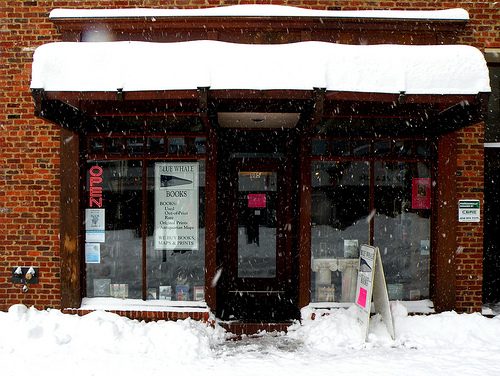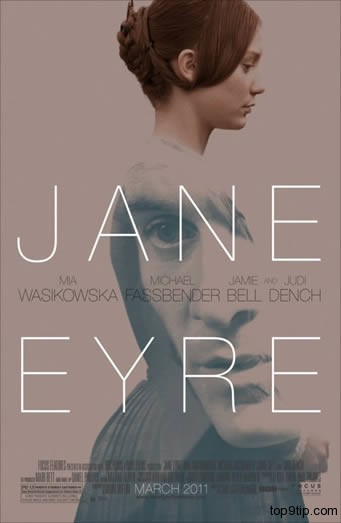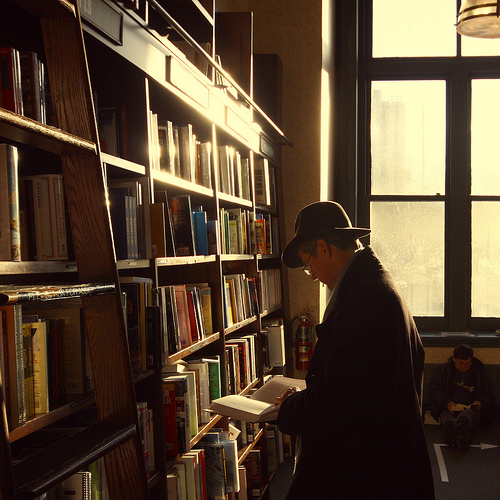Does anyone know how long it takes a book to travel through the post from the UK? I ask because I won this book:
For creating this video:
(And before you get excited, I was one of three entrants, so they just decided to award the prize to all three of us.)
I want my book! It was mailed on or around March 3, I think, and given that was over two weeks ago, I’m starting to wonder.
So last week was a good reading week for me, as I devoured Water for Elephants in a day, and I finished listening to the audio version of A Discovery of Witches. I will be wrapping up Great Expectations on DailyLit this week.
I started reading Jon Clinch’s Finn, the story of Huckleberry Finn’s infamous Pap. It’s a little dark, and I’m not sure I’m in the mood for dark right at the moment. It calls to mind Faulkner, and I think I will be glad I’ve read it when I finish it, but I think I want to pick up Allegra Goodman’s The Cookbook Collector, though it has really mixed reviews on Goodreads. I planned to read it anyway for the Sense and Sensibility Bicentenary Challenge. I also toyed with the idea of picking up Between, Georgia by Joshilyn Jackson. First of all, I’ve been through Between, which is a real place. Second, Jackson was hysterical in person when I heard her talk about her books. Third, I know it will be funny and light.
Yeah, I can’t decide.
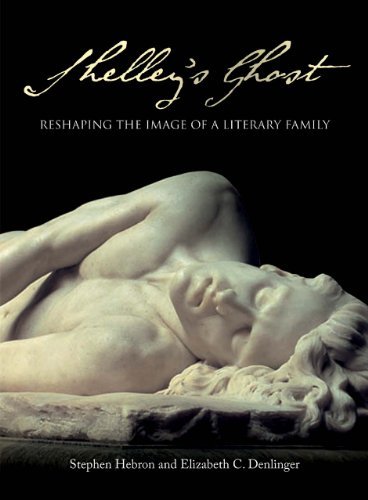

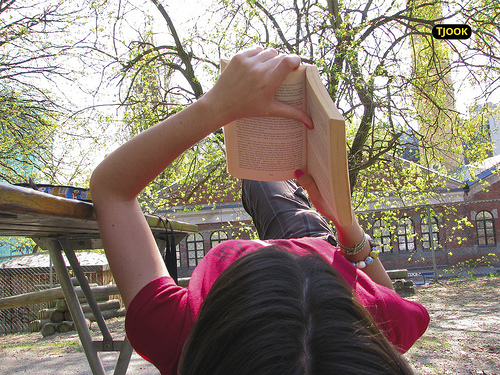

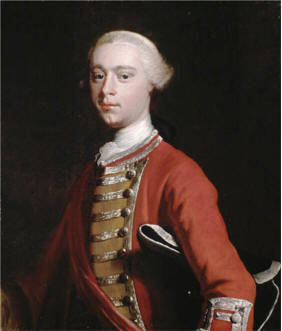

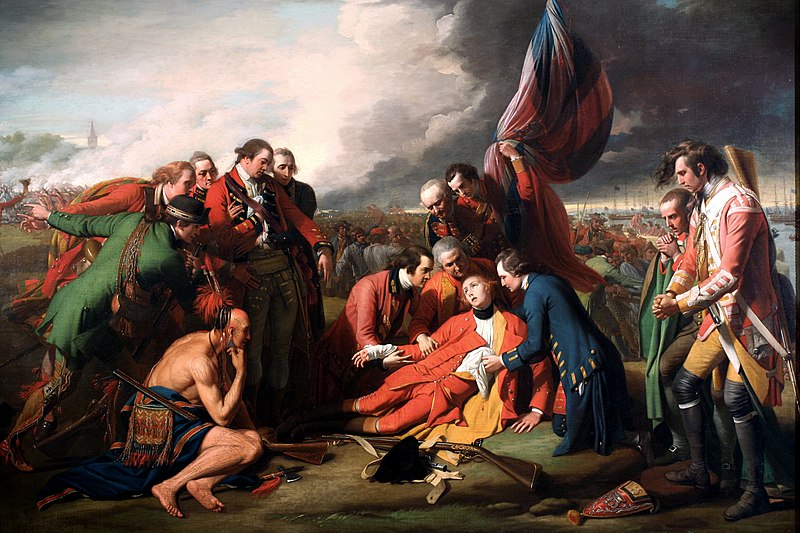


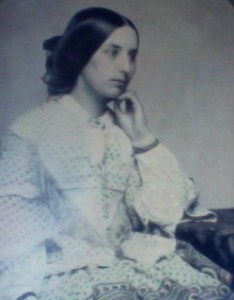
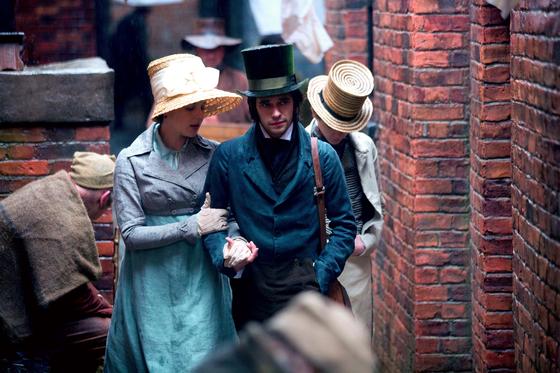
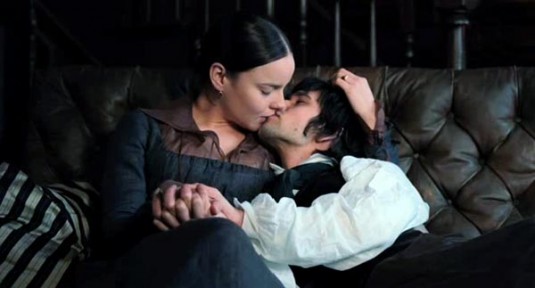
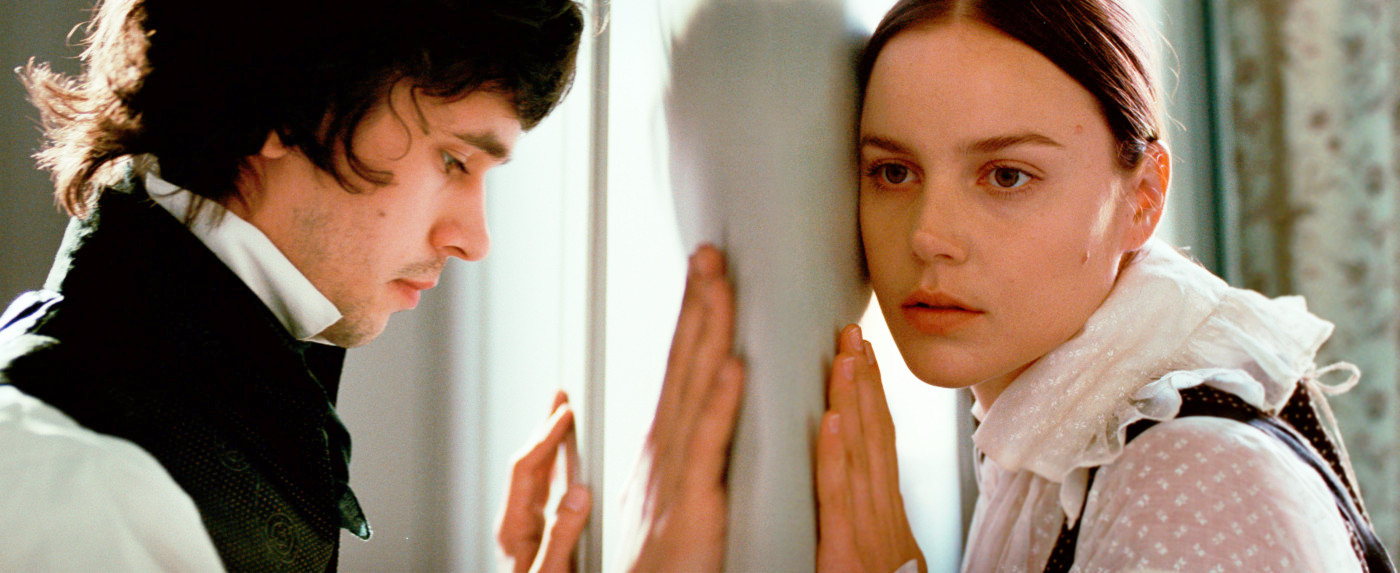
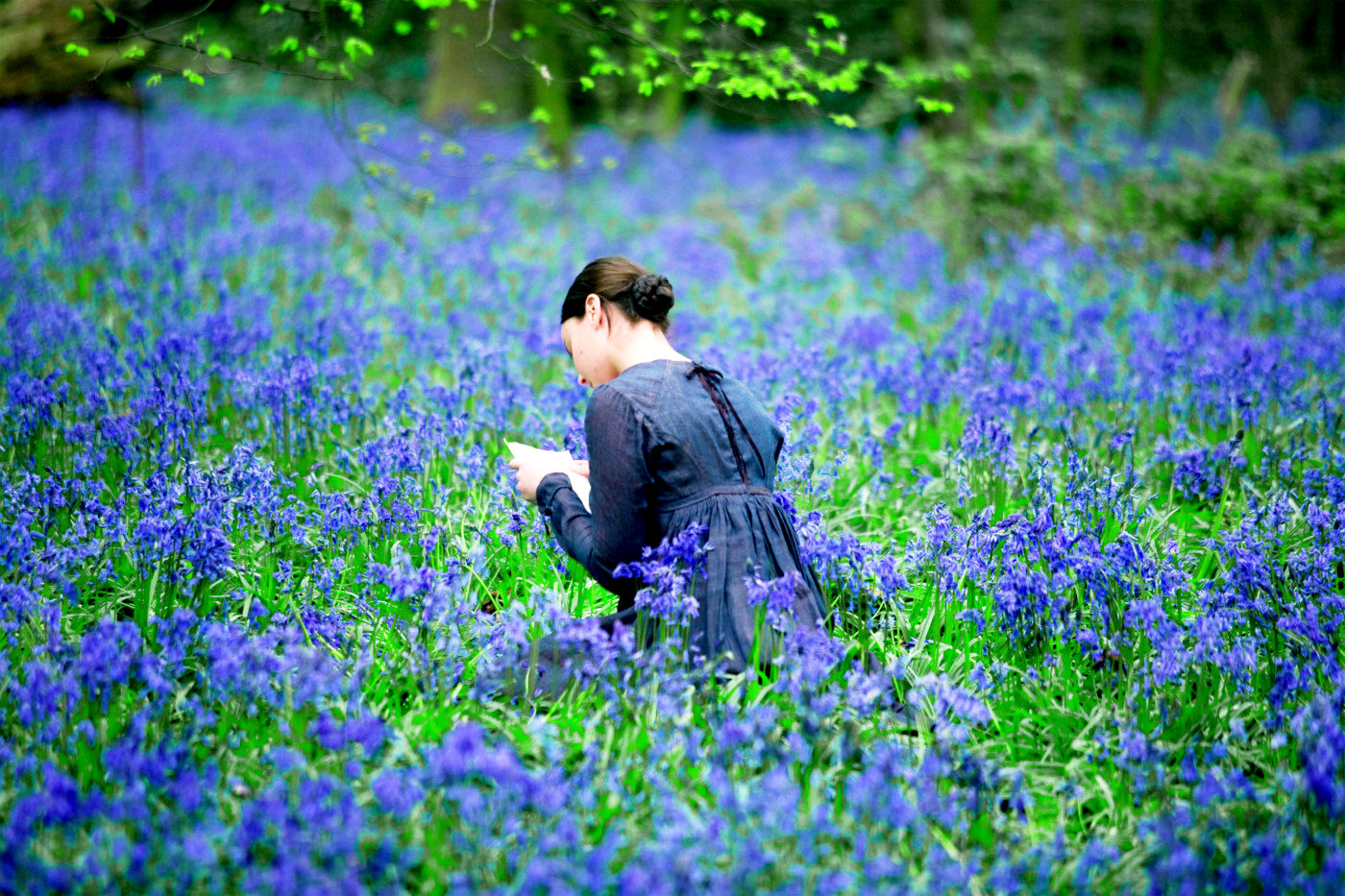
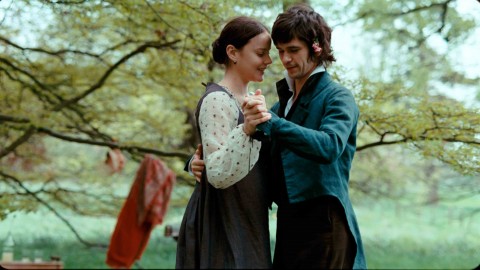
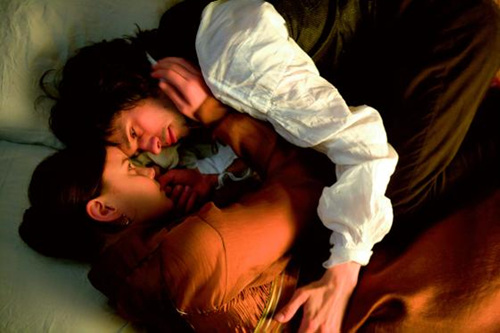


 How much am I enjoying Jude Morgan’s novel
How much am I enjoying Jude Morgan’s novel 